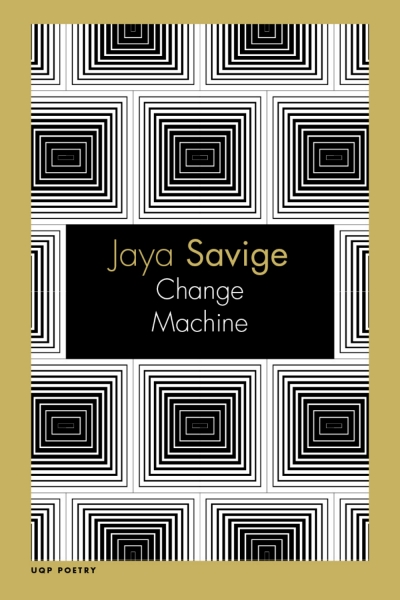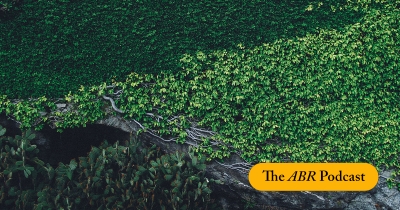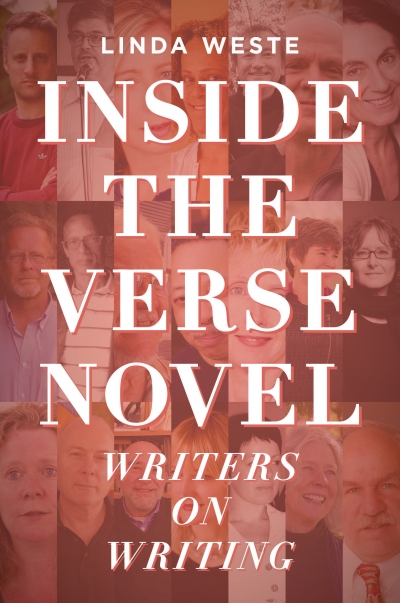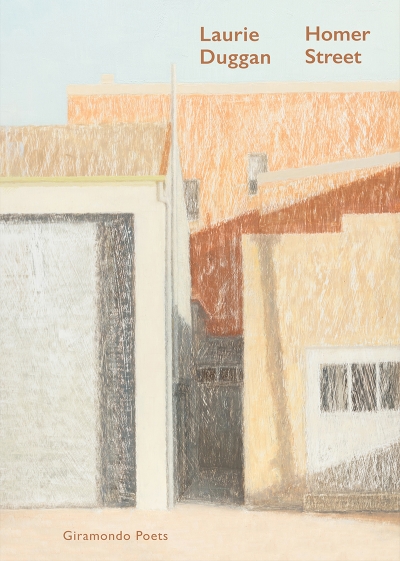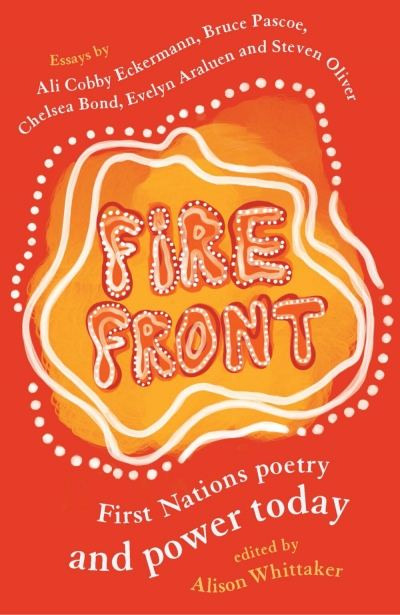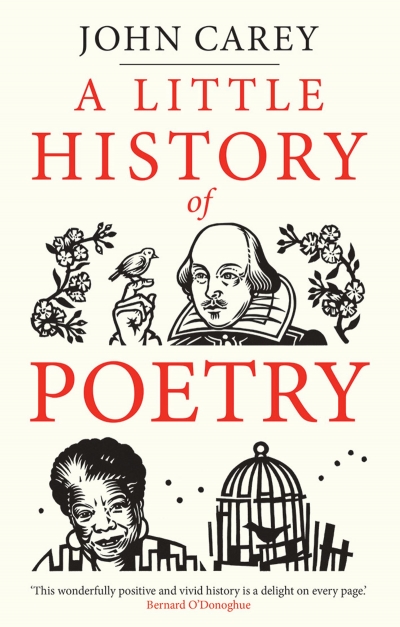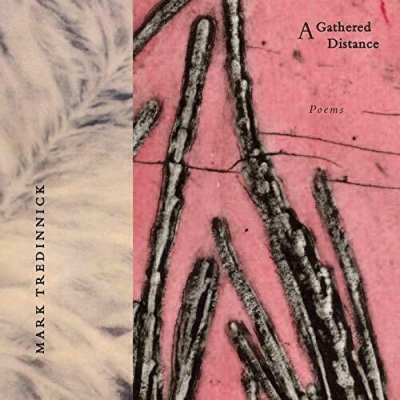Poetry
Belated recognition of Australian prose poetry
Until recently, Australian prose poetry hasn’t attracted much attention – we’re not sure why. Having written prose poetry for years, we’re both fascinated by the form, which can be loosely defined as poems written in paragraphs and sentences rather than in stanzas and lines.
... (read more)We continue our poetry podcasts with the first in a series of readings by poets living in a particular state. It complements in a way ABR’s old States of Poetry anthologies (all still available online).
This time we’re inviting a number of poets to record a poem of theirs that is set outside their home state (whether interstate or overseas – or indeed in space, as you will hear). The poems can be published or unpublished ones. We list all the readers and poems on our website. Given the present lockdown in that state, we’re starting in Victoria. After all, if we can't leave home, we might as well do so imaginatively.
... (read more)Inside the Verse Novel: Writers on writing by Linda Weste
Mount Parnassus remains a proscribed destination for the moment, but Aidan Coleman’s Mount Sumptuous (Wakefield Press, $22.95 pb, 56 pp) provides an attractive local alternative. Following on from the poems of love and recovery in Asymmetry (2012), this collection marks the poet’s reawakened appetite for the sublimities and subterfuges of suburban Australia, from cricket pitches ‘lit like billiard tables’ and Blue Light Discos to the flammable wares of Best & Less and the implacable red brick of ‘all-meat / towns’. As these poems and their pseudo-pedagogical endnotes show, Coleman is a keen philologist of the language of commerce. The title’s ‘sumptuous’ (from the Latin sumptus for ‘expense’) keys us in to the vital ambivalence of a poetry, which on the one hand honours the rituals of everyday consumption (‘lounging / book in hand, Tim Tams / … tea a given’), and on the other speaks to the exploitative logic of consumer capitalism (‘Take the juiceless fruits / of day labour and a white / goods salesman’s leaden chicanery’).
... (read more)

